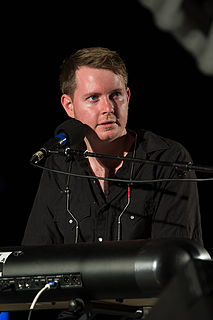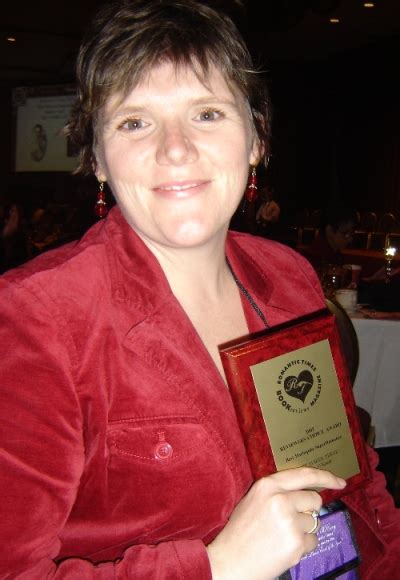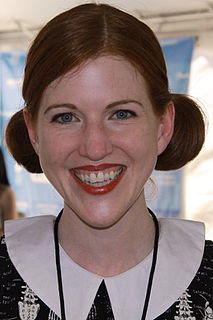A Quote by Nicholas Sparks
If you have no conflict, you have no story. That's number one. That's a rule of novels.
Related Quotes
I kind of came from the Townes Van Zandt school of throwing yourself off a cliff and then that's what you write about, and that rule number one of creative writing is you have to have conflict. But if you write about yourself mostly, then if you don't have conflict, then you create it. And the older I get, the more I realize that that's not a very smart way to do this. Not to say I'm the most self destructive person on earth, but it's easy to do.
I do not share the pessimism of the age about the novel. They are one of our greatest spiritual, aesthetic and intellectual inventions. As a species it is story that distinguishes us, and one of the supreme expressions of story is the novel. Novels are not content. Nor are they are a mirror to life or an explanation of life or a guide to life. Novels are life, or they are nothing.






































